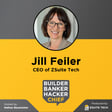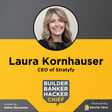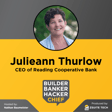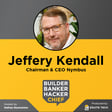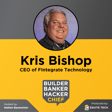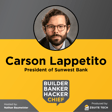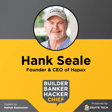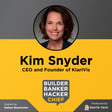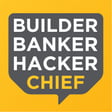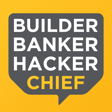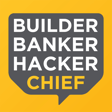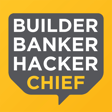
Kathleen Craig – Saying no to hustle culture, the road to true kindness, and solving the mystery of product market fit | Episode 11
Welcome to episode eleven of Builder, Banker, Hacker, Chief! Joining me today is Kathleen Craig, founder and CEO of Plinqit.
On this show, I’m unpacking the stories, decisions, and influences that make people successful leaders. Kathleen came into the banking world with a wealth of customer experience knowledge gained from her years in the restaurant industry. That foundation has informed everything she’s done since.
My name is Nathan Baumeister; I am the Co-founder and CEO of ZSuite Tech and the host of this podcast.
Kathleen Craig understands that if you truly care about a person’s wellbeing, you’ll muster the courage to tell them the truth. True compassion isn’t blind to conflict or issues, it brings them into the bigger picture of what’s best for that person. Niceness is often the downfall of what could be a beautiful relationship.
At Plinqit, the company Kathleen founded on nights and weekends while working for a bank, her team equips financial institutions with retail tools to reach their goals. They’re changing the way that banks and credit unions attract and manage their retail deposits.
In this episode you’ll learn that founding a business doesn’t have to take priority over raising a family or being a well-rounded person. It’s does take a deep commitment to your vision and a willingness to face uncomfortable truths head on.
Kathleen is a rare breed of CEO and founder – bringing kindness and candor to the workplace so that everyone can become better.
Resources:
Kathleen’s recommendation:
Book: Unbroken
Connect:
